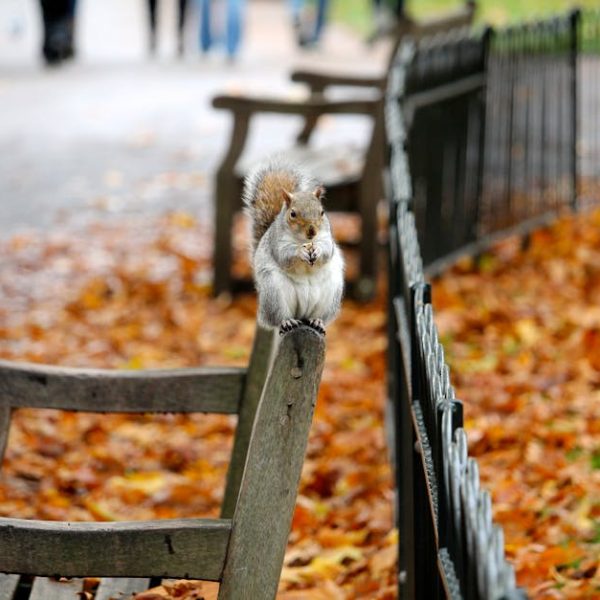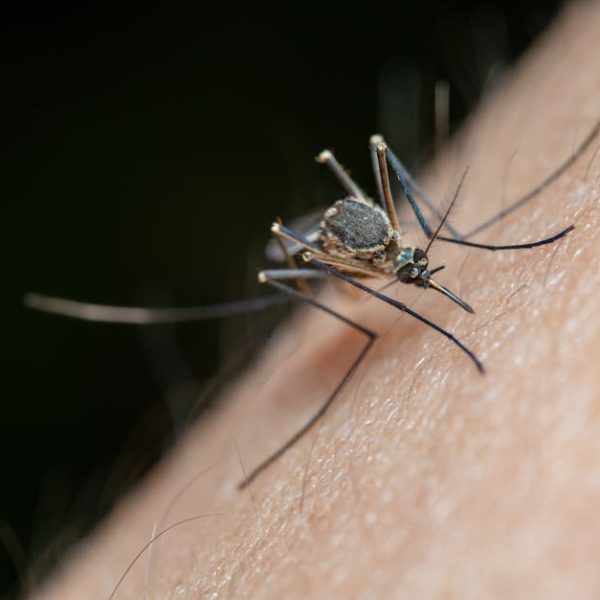If you’ve been dealing with the unpleasantness of a skunk on your property, you know how distressing it can be. Fortunately, it’s not a battle you’re destined to lose. There are indeed several strategies that can help deter skunks, reduce their population and stop them from returning.
Understanding Skunk Behavior and Habits
To successfully deter skunks from your property, it’s critical to understand their behaviors and habits. Skunks are typically active during dawn, dusk and throughout the night as they are nocturnal creatures. They feed on a wide range of food such as insects, rodents, berries, fallen fruit, and garbage, which is often readily available in most suburban neighborhoods. During breeding season, between February and March, skunks tend to be more active.
At times, skunks might seem attracted to certain properties due to an abundance of food, water, and suitable shelter. The presence of dark, warm areas such as under decks, sheds, or porches can be particularly appealing to skunks who prefer secluded nesting sites. They are also more likely to infiltrate properties in urban areas as these environments often provide a more plentiful and diverse food source as compared to rural settings.
The Role of Proper Sanitation in Deterring Skunks
Maintaining cleanliness and excellent sanitation practices can play a pivotal role in keeping skunks at bay. Given that skunks are omnivores, they are remarkably resourceful when it comes to finding food. Unsecured garbage cans, pet foods left outdoors, bird feeders, and fallen fruits from trees can inadvertently serve as a food source, attracting skunks to your property.
To ensure a skunk-free yard, regularly dispose of fallen fruits, seal trash cans securely, and refrain from feeding pets outside. If you have a garden, consider using fencing or other barriers to limit skunk access.
Proper sanitation practices not only help deter skunks but also enhance the overall aesthetic and health of your property. Keeping the yard clean, trimming overgrown grass and shrubs, and removing any debris can all contribute to a skunk-free environment.
Using Lighting and Noise to Deter Skunks
Skunks prefer to operate under the cover of darkness. Implementing adequate lighting in your yard can be a solid strategy to deter them. Consider installing solar-powered or motion-activated lights around potential entry points and feeding areas. Avoid overly bright lights that might disturb your neighbors.
Similarly, noise can also act as a deterrent for skunks. An occasional burst of sound from a patio speaker or garden noise machine can startle skunks and make them rethink their midnight snack in your yard. However, ensure that the noise isn’t excessively disturbing or constant, as that might upset your neighbors.
Ensuring the strategic positioning of these deterrent devices is crucial. Concentrate on high-risk areas such as garden perimeters, entrances to potential shelter sites, or close to food sources for optimal effect.
Remember, the objective is not to create a disruptive aura, but to make your yard less inviting to skunks.
Restricting Access to Potential Den Sites
A significant strategy in deterring skunks from your property is strict and consistent property maintenance. Skunks are adept at finding potential shelters in your yard, including under decks, sheds, porches, or even in piles of wood or rocks. Taking steps to make these sites inaccessible can be highly beneficial.
Start by conducting a thorough inspection around your property to identify potential den sites. Look for openings or gaps near ground level and signs such as skunk tracks, droppings, or dug soil. Once you’ve uncovered these areas, there are several steps you can take to block access:
- Use hardware cloth, metal sheets, or concrete blocks to seal off entrances to potential den sites.
- Clear up piles of wood, bricks, or rocks that could offer shelter.
- Trim overhanging tree branches, as skunks may use them to access certain areas of your property.
Balancing practicality and aesthetics with humane considerations can be tricky when handling skunk deterrent measures.
| Methods | Pros | Cons |
|---|---|---|
| Hardware Cloth or Metal Sheets | Effective barrier, relatively inexpensive | May disrupt aesthetics of property |
| Concrete Blocks | Durable, can blend with some landscape designs | Heavy, difficult to install |
| Trimming Overhanging Branches | Improves aesthetics, reduces skunk accessibility | Can be time-consuming |
Using Repellents and Trapping
Repellents, both natural and store-bought, can be effective tools in your anti-skunk arsenal. A good organic solution is to spray a mixture of castor oil and dish soap around your garden. This harmless mix is unpleasant to skunks’ sense of smell and can deter them from lingering. On the other hand, commercial repellents contain chemicals or natural ingredients like capsaicin that can repel a variety of pests.
If you’re dealing with a stubborn skunk situation, trapping might be a necessary course of action. Be sure to approach this method with caution. Professional pest control teams have the knowledge and resources to conduct humane skunk trapping and relocation without the high risk of getting sprayed. It’s crucial to check local wildlife regulations as legalities related to skunk trapping vary by location.
Here is a comparison between natural and store-bought repellents:
| Repellent Type | Effectiveness | Convenience |
|---|---|---|
| Natural (DIY) | May be less effective than chemical repellents | Queries |
| Commercial (Store-bought) | Can be very effective | Pricey, some may harm beneficial insects |
In conclusion, preventing a skunk infestation primarily involves understanding their behavior patterns, maintaining excellent sanitation, employing deterrent measures like lighting and noise, restricting access to potential den sites, and using repellents or trapping when necessary. Remember, always prioritize humane methods and consider contacting a professional pest control service if the skunk issue persists.
Key Takeaway:
- Understanding skunk behavior and habits are critical in successfully deterring them from your property. They are nocturnal, active during dawn and dusk, and attracted to abundant food, water, and suitable shelter sources.
- Proper sanitation plays a pivotal role in keeping skunks away. Securing garbage cans, timely disposal of fallen fruits, and not feeding pets outside can help maintain a skunk-free yard.
- Implementing adequate lighting and occasional bursts of noise can deter skunks. However, avoiding disrupting neighbors is also necessary.
- Consistent property maintenance involves identifying potential den sites and restricting access to them, which keeps skunks away.
- Natural and store-bought repellents can be effective against skunks. For stubborn situations, trapping might be necessary, and professional pest control teams should be considered for this task.
Take heart in knowing that a skunk invasion is never a predestined battle. Understanding their behavior and habits is already a giant stride towards forming a sturdy defense. Cleanliness, lighting, and noise are your allies, and with a little consistency in property maintenance, victory is assured. Most importantly, always remember to treat skunks humanely, and do not hesitate to reach out to professionals when necessary.
FAQs
Q: What kind of food attracts skunks?
A: Skunks are omnivores. They get attracted to various food types, including insects, rodents, berries, fallen fruit, and garbage. They can even be attracted to pet foods left outdoors.
Q: If I have a skunk problem, can I trap and relocate it myself?
A: While you might be able to, it’s not typically recommended. Skunks can spread diseases and spray a foul-smelling odor when threatened. Professionals are well-equipped and trained to handle these situations safely and humanely.
Q: Will trimming shrubs and grass deter skunks?
A: Yes, trimming overgrown grass and shrubs can help keep skunks away as it removes potential hiding or nesting sites.
Q: What are the legality issues related to trapping skunks?
A: Legalities related to skunk trapping can vary by location. It’s essential to check with local wildlife regulations or consult with a professional pest control service.
Q: Do commercial repellents harm other animals or insects?
A: Some commercial repellents may harm beneficial insects. It’s advisable to read the product label before usage and choose products that have minimal impact on non-target species.
If you found this guide helpful, feel free to share it and browse through more informative posts on our website.






